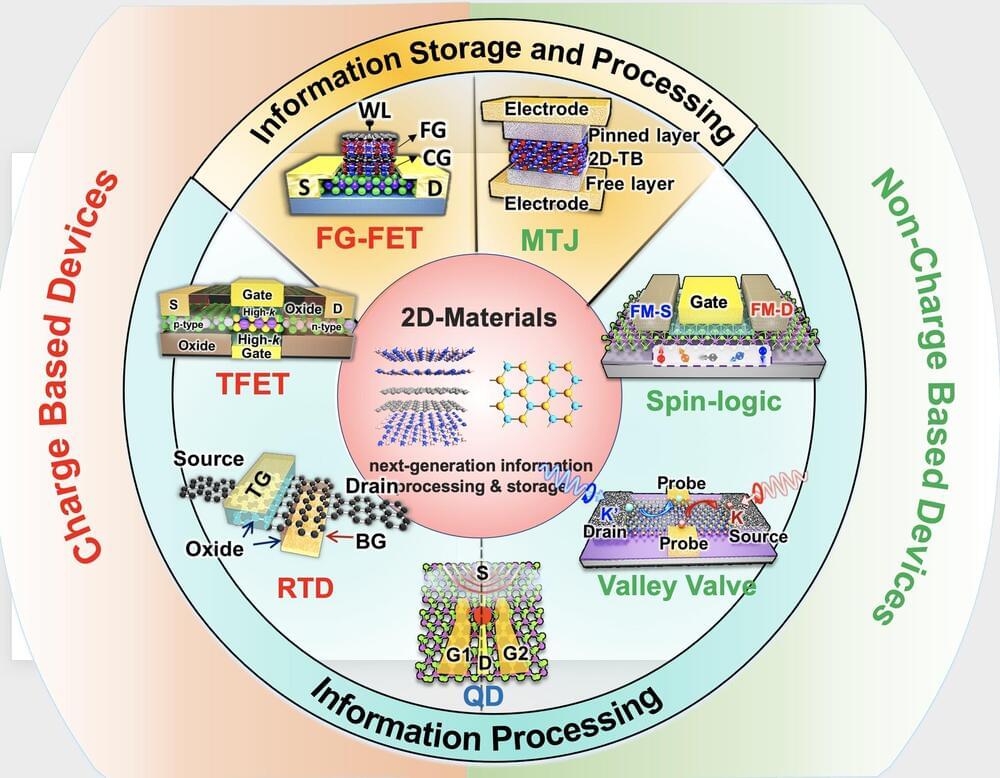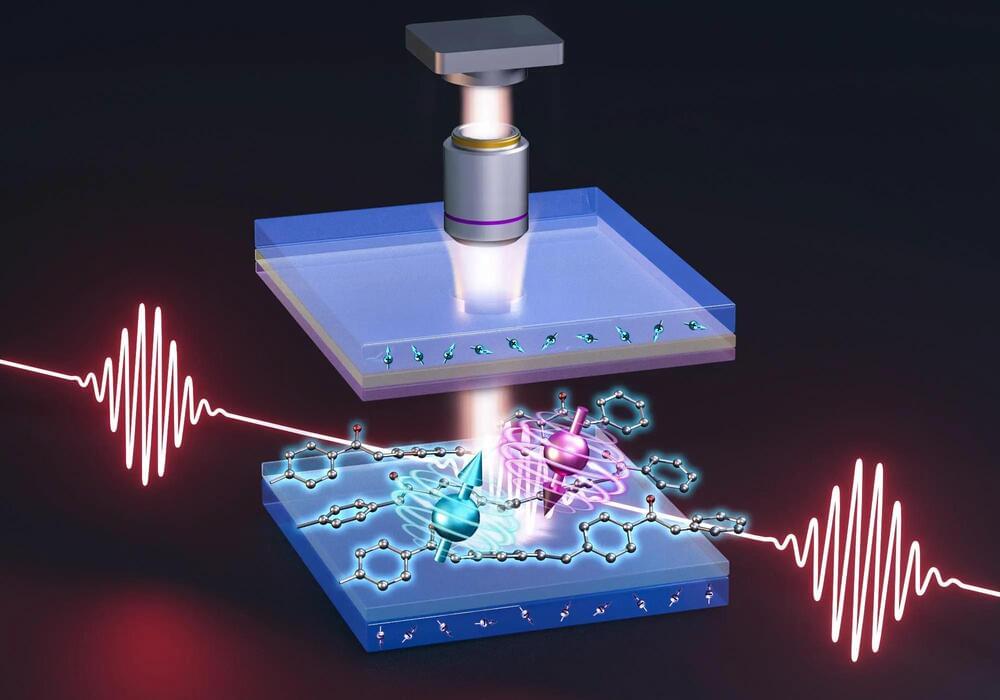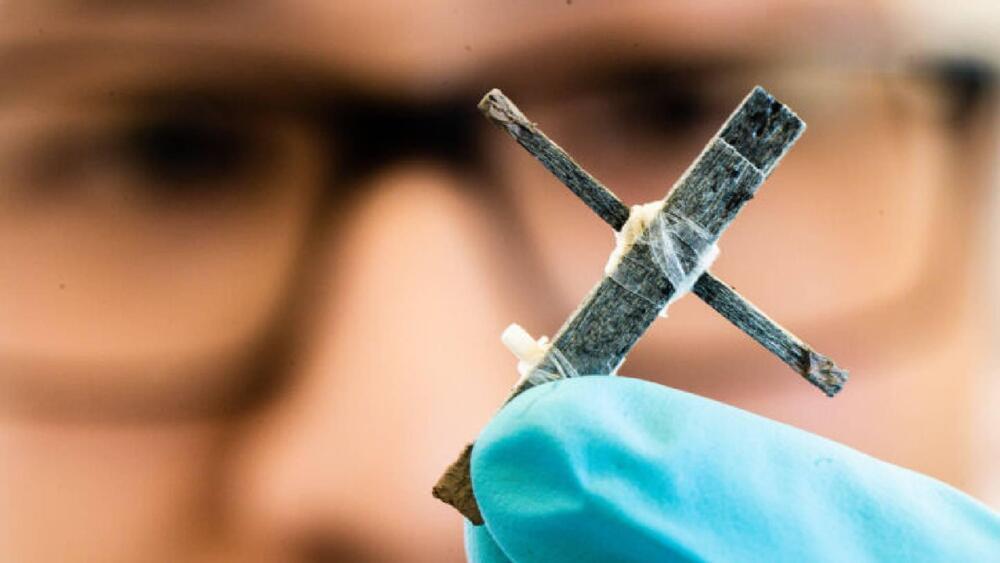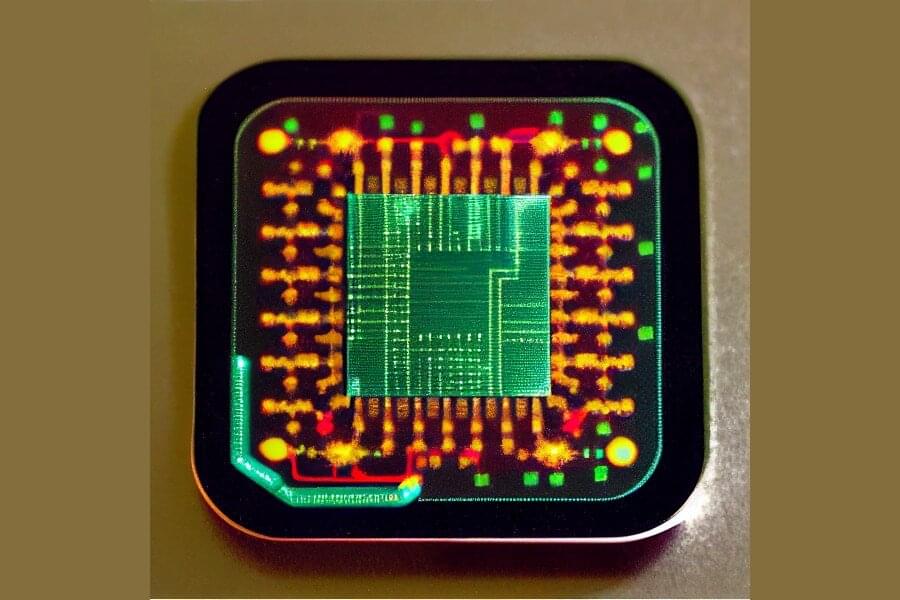May 3, 2023
AMD says its new Ryzen7840U chip beats the M2—but it leaves out key data
Posted by Genevieve Klien in category: computing
When Apple’s M1 chip made its debut in November 2020, it not only shook up the Mac, it shook up the whole computer industry, outperforming chips from giants such as Intel (which Apple ditched) and AMD. Those companies have been doing their best to catch up and lo and behold, AMD now claims its latest laptop chip, the 7840U, is faster than Apple’s M2.
According to AMD, its new Ryzen 7 7840U shows improvement over the M2 that ranges from 5 percent in web browsing to 75 in the Passmark 10 benchmark tool. (We wonder why it doesn’t supply specific numbers or use a more common tool such as Geekbench or Cinebench.) Macworld’s sister site, PCWorld, states that the 7840U is meant to be used in lower-power laptops, which is likely why AMD compares its chip to the M2 that is in the MacBook Air and 13-inch MacBook Pro. Apple’s M2 Pro and M2 Max in the 14-and 16-inch MacBook Pro are significantly faster than the M2–and almost certainly faster than the 7840U–but those laptops and chips require much more power.
AMD.

















